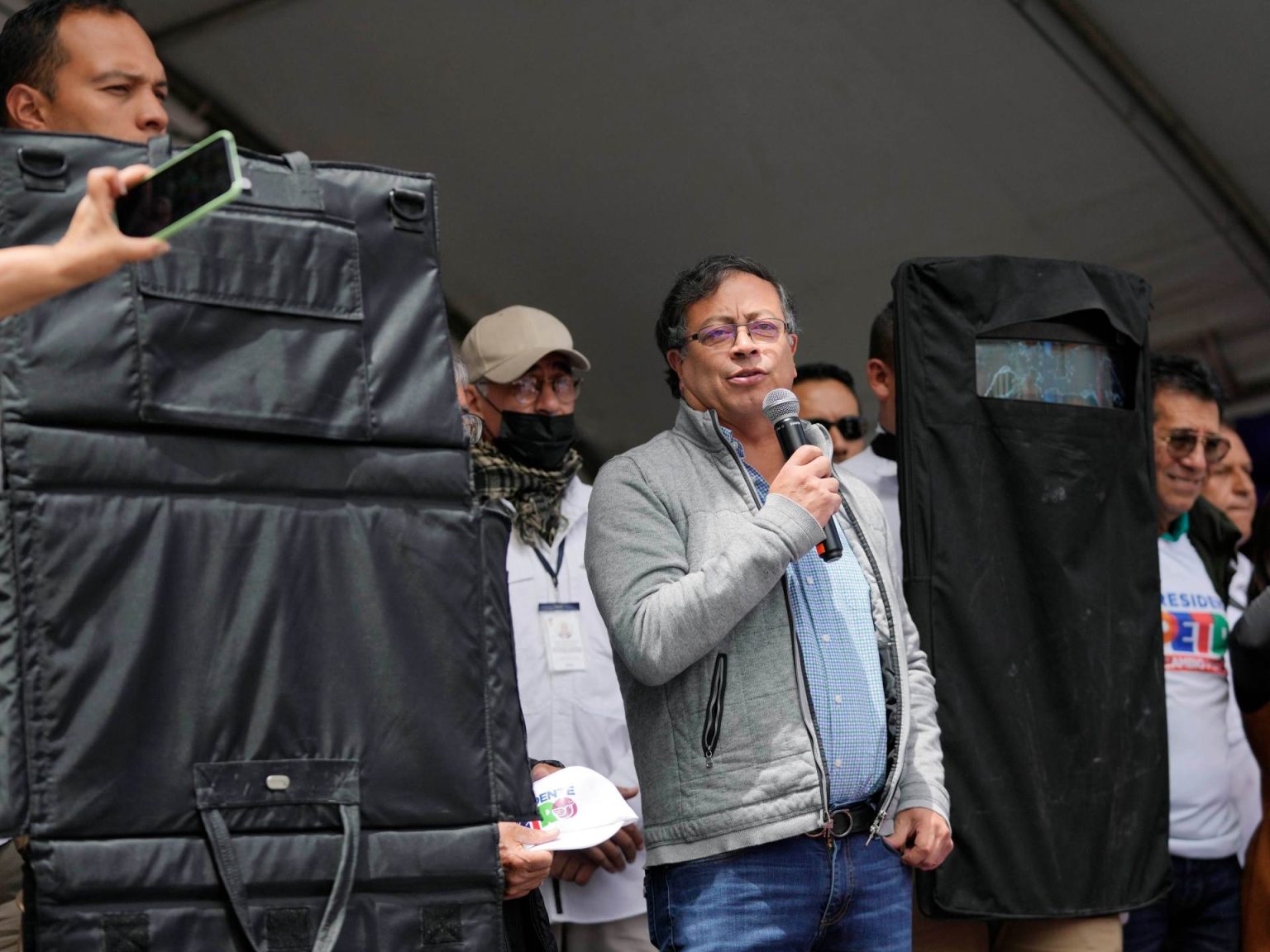In Colombia, President Gustavo Petro is facing an investigation into his 2022 campaign finances, with election officials voting to look into potential violations of campaign finance limits. The investigation will specifically focus on Petro and his campaign manager Ricardo Roa, who also serves as the chief executive of the state-owned energy company Ecopetrol. This comes after allegations that Petro’s campaign exceeded financial limits by around $1.2 million, with authorities pointing to 12 financial transactions that were not disclosed by the campaign. Petro has denied these accusations, calling the investigation an attempt to unseat him from power and labeling it as a coup.
While the outcome of the investigation could result in fines, the impeachment of Petro is considered to be a distant possibility. If the investigation proceeds, Petro’s case would be heard by the accusation committee of the lower house of Congress, as mandated by Colombia’s constitution. However, Petro’s coalition holds a majority on that committee, and it is rare for presidents in Colombia to be removed from office by Congress. Despite the allegations and investigations, Petro’s supporters remain steadfast in their defense of him, signaling that any attempts to remove him from power may face significant opposition.
The investigation into Petro’s campaign finances has also unearthed suspicions surrounding the sources of the campaign’s funding. Authorities have alleged that the campaign received funds from prohibited sources of financing, including labor organizations. Additionally, the arrest of Petro’s eldest son, Nicolas Petro, in July added another layer of complexity to the situation. Nicolas Petro admitted to receiving money from a drug trafficker and using it for his father’s campaign events on Colombia’s Caribbean coast. He maintained that his father was unaware of the source of the funds, but this revelation has further added to the controversy surrounding Petro’s presidency.
President Petro, who made history as Colombia’s first leftist leader, has faced challenges in implementing the social reforms promised during his campaign. The investigation into his campaign finances is just one of the scandals that have beleaguered his presidency. In May, former members of his government agreed to cooperate with prosecutors in an investigation into an alleged bribery scheme related to the purchase of water tankers. These scandals have put Petro under intense scrutiny and have raised questions about his leadership and integrity.
Despite the mounting challenges and accusations, Petro continues to maintain his innocence and denounces the investigation as a politically motivated attempt to oust him from power. His supporters are standing by him, and the potential consequences of the investigation remain uncertain. While fines may be imposed if violations are found, the possibility of Petro being impeached seems remote given the composition of the accusation committee in Congress. The investigation is ongoing, and further developments are expected as authorities delve deeper into the allegations against President Petro and his campaign team.


